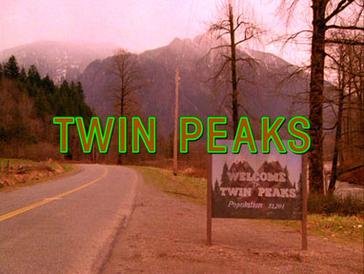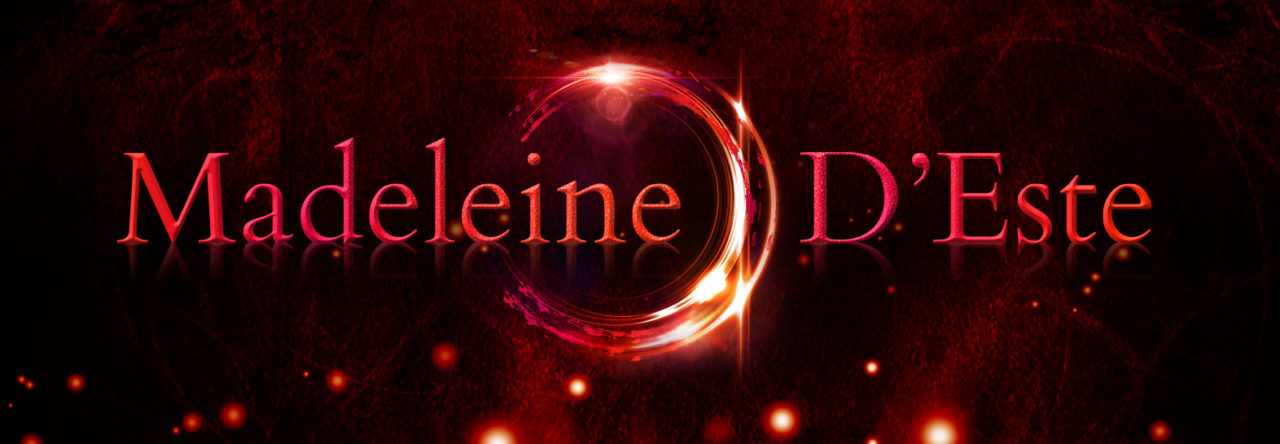Twin Peaks Season 3 is coming out in May 2017 and I’ve been meaning to look back at Twin Peaks for a long time. I was sixteen when it was first on television in Tasmania, and it was a strong influence on me. So in anticipation of the new season, I’m committed to rewatching all 30 episodes, I’m doing it and I’m going to share my thoughts here.
There will be ***SPOILERS*** but come on, it’s been over 25 years since it was shown.
Let’s start with “Pilot” or “Northwest Passage”. Today I’m focusing on my initial feelings and reactions to the whole premise, rather than delving into the plot. More analysis of the plot will probably come later. But this is the episode where it all begins, Laura Palmer is found, Agent Cooper arrives and the crime investigation is underway.
As soon as the titles came up, the sparks of the saw mill, the waterfall, the Douglas firs and the deep slow bass of the theme tune, I was thrust back into 1991. Now, the opening titles font has really dated (day-glo green) but the rest of the design, clothing and setting is timeless, aside from one or two stray mullets.

Perhaps this is because Lynch has always harked back to the 1950s, Audrey Horne is a sex kitten pin-up queen, Laura Palmer as the all-American good girl next door, Agent Cooper in his stark black and white suit with slicked back hair is pure noir. and Julee Cruise as the torch singer in the Roadhouse.
The intrigue is set from the first moments, glimpses of town politics, the lies, the affairs and how the all-American small town is not what it appears. Agent Cooper appears child-like at first, with his obsession with the Douglas firs, rabbits and cherry pie but he brings a jaded real world reality check to the sheltered town and the local Sheriff. He talks of violent crime, casting suspicion on everyone and starting to unpick the nastiness under the niceness of Twin Peaks.
Lynch is known for his quirky touches, unusual for television at the time, the camera lingering on fans, ornaments and telephone cords, the characters who focus on the small inane details in their conversations (but I definitely know people like that) and the array of strange characters in the town. I always remembered Log Lady, but had forgotten the lecherous Dr Jacobi, Nadine with the eye patch and the vulnerable police officer, Andy.
This is a masterful introduction to a series, providing enough intrigue and weirdness to spark my interest all over again. Even though I know the ending.
But the question lingering in my mind is whether Twin Peaks is an example of American folk-horror.
Folk horror is generally associated with British films from the 1960s and 70s with an occult theme, usually with pagan ceremonies and standing stones. But Adam Scovell’s definition outlines the elements of folk horror as;
- Landscape
- Isolation
- Skewed moral beliefs
- Happening/summoning
Hmmm…perhaps. I’ll keep exploring this question as I continue through the series and try to keep away from doughnuts and cherry pie. Food porn, anyone?
But my first reaction was Twin Peaks Pilot did not ruin my childhood memories. In fact, the storytelling, setting and narrative traction were better than I remembered. I’ll be rushing back for more.

1 Pingback